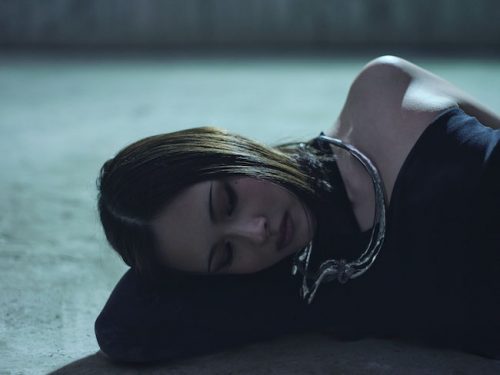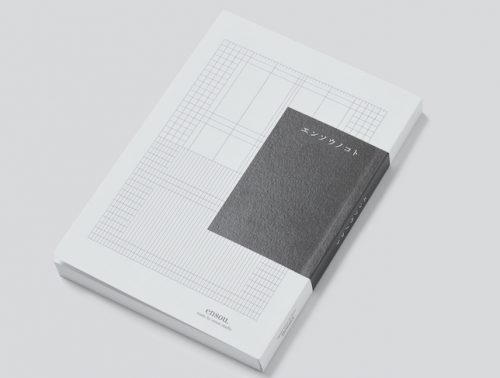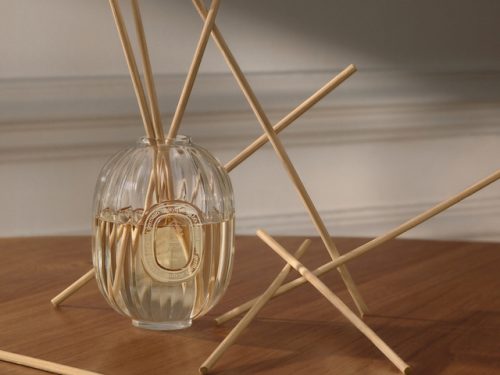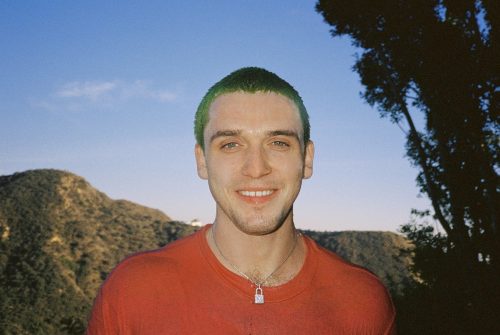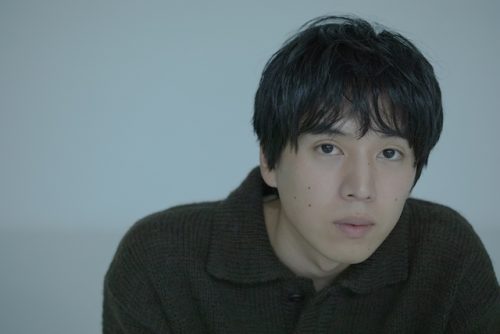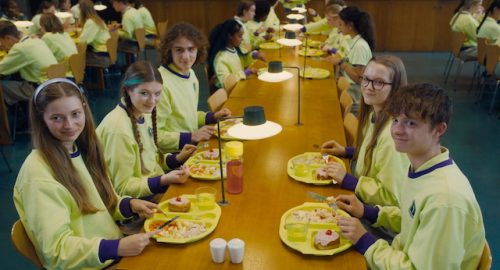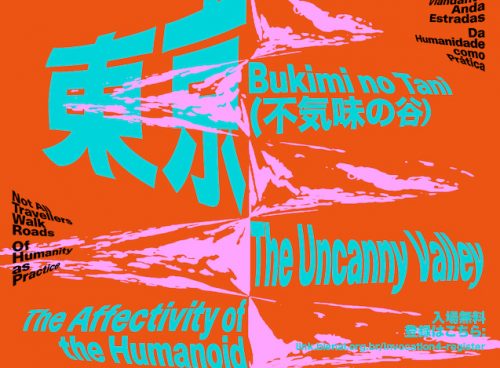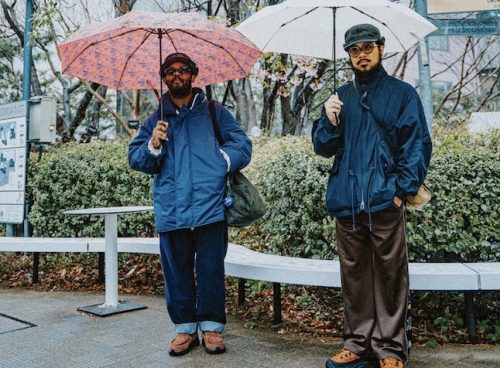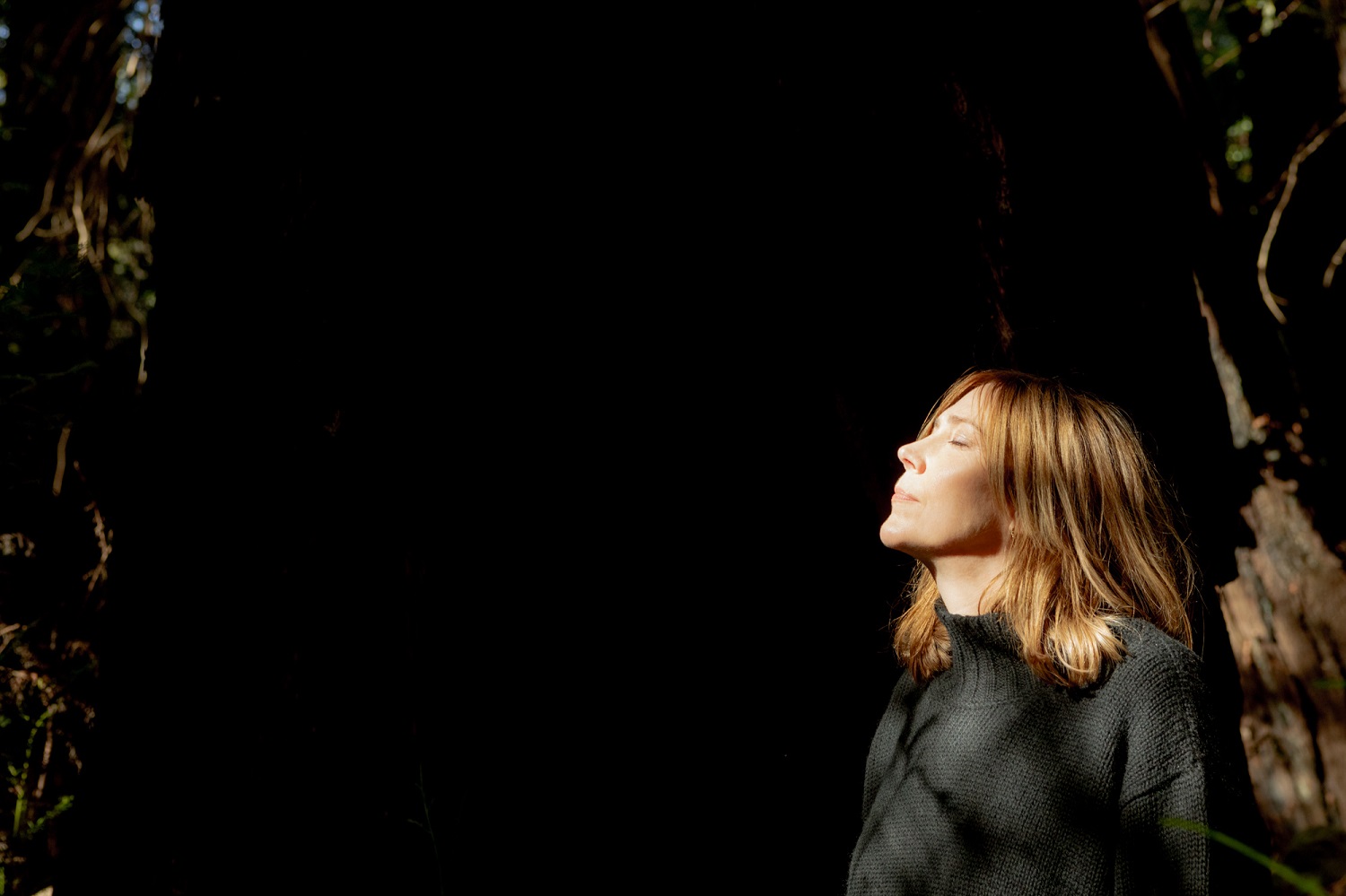
――We were really moved and touched by your recent album, “Weather Alive”. You have been touring with this album already but how is it going so far?
Beth : It’s good. It’s a bit like taking a tiny flower but you’ve grown in mud in a very arid world. You have to hold that delicacy while being on stage and amplify this raw place, in a not-so-conducive environment for this music and songs. Yet somehow doing them live has become this celebration. It was such an achievement to make the record. To now, get to play them live, they have become more robust at the end. It is interesting to me, it’s been great.
――This new album has already been highly acclaimed. Everyone is talking about it and have been hearing very good reviews and comments about it. How are you feeling about this?
Beth : I feel good. I mean I think it took everyone by surprise, the fact that it did well. It’s been so beautifully received. For me it’s not just that it got good reviews, it’s the way people speak about the record, it’s very poetic. The way that people spoke about the record, has been so touching to me because, unlike everything that I made, they are hearing what I heard. It’s like I regained my identity as an artist. Of course not just through the response, but the making of the work. To have that work recognized is incredibly meaningful to me.
――So does this album mean something different to you as well?
Beth : Yes, it means a great deal to me because it wasn’t made to be heard at some point. It was made because I needed to. Like you grow up children, you bring children up because you love them. You don’t know any better, you just have to give them the best you have and hope for the best. You throw yourself into it.
――This is your first self-produced album. How was it?
Beth : It was wonderful.
――Was your mentality different this time?
Beth : The pandemic created the situation and created the need. There was no other way of doing it in the end. I think what was so important in the end was to keep the integrity of the song. Even with the amazing musicians playing on the record, every term I had so much beautiful material to work with. Even then you can still lose the song. You could still lose the integrity of the song. What happened was that I was able to edit and work with the music around the songs that I saw fit. I learned there that it was really beautiful. I was able to maintain the kind of spirit and atmosphere. I was able to grow from what some other people brought as well. It was the best of both worlds.
――Through making this album, did you discover anything about yourself? At any point were you surprised about yourself?
Beth : Yes for sure. I surprise myself every step of the way. I surprise myself with the concentration that I had to see it through. Even when there wasn’t anybody to ‘see it through’ beyond my interests and what would happen. I was so curious about the process. I learnt so much. I learnt about my stamina and ability to overcome the voices in my head. To just stay true to the art, work and integrity of it.
――It must be satisfying to feel this way.
Beth : Very.
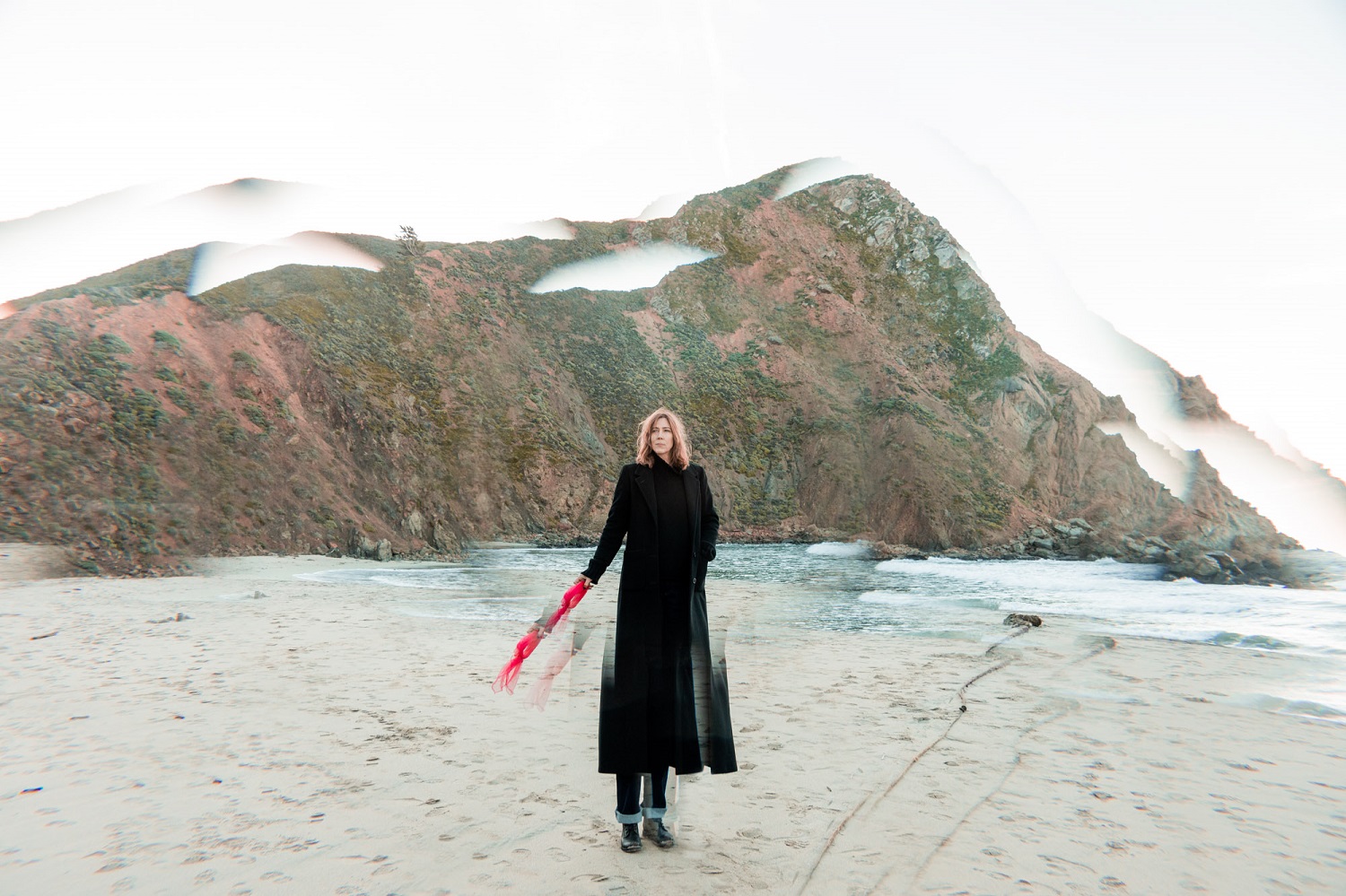
――What were you expecting from Tom Skinner and Tom Herbert, and what did they bring to the album?
Beth : I know Tom Skinner for sixteen years ago. He is just someone I have always wanted to work with. I did a tour with him when he was in a band and he supported me in 2005. We stayed in touch over the years. We tried on one record but it wasn’t the right time or music. When I was writing these songs they were very spare piano lead, and atmospheric so I just thought he would be an interesting person to reach out now to. So I reached out to him and sent him five tracks. I asked him to do something percussive, not beat or loop necessarily, something that I could chop up or play with. He sent me some beautiful gorgeous percussive parts. “Unwritten” became part of the bedrock of the track. I asked if he would like to do a day with me live, and asked him to suggest a base player. That’s when he suggested Tom Herbert. The three of us went in together to record “Unwritten”. The baseline that Tom did was done in one take. It was just one of the most beautiful things that I have ever heard. It was like having chopped-up stories in the room. It blew my mind. This was midway between the lockdowns and the weeks we were out of the lockdown so I asked if they were available for a couple of days and they did. The three of us went into a studio that they used alot called, Fish Factory. We recorded there with the in-house engineer. I just played all the songs I had and ran through them twice, three times maximum. They were both wonderful to work with, very instinctive, and very quick, they gave the best shot on their first try. So that’s how I came to play with them. Of course, then we went into the next lockdown and I was alone with this incredible palette. The colours that they had brought and I brought in other artists. I found Alabaster DePlume’s record. I asked him if he would like to play on the record and sent him two tracks. In many ways, whether it was by accident or chance, somehow I got the best of each musician played on the record.
――Both Tom Skinner, Tom Herbert and Alabaster DePlume currently play a big role in the British Jazz scene.
Beth : Yes, this year is just crazy. They kicked off. I had no idea, I was ignorant of this scene.
――Do you think it is inspiring as well? What are your thoughts on the Modern British Jazz scene?
Beth : I don’t know. I didn’t make this record to tie myself into the Modern British Jazz scene. From my own experience of instinctively reaching out, there are so many beautiful people out there, and there are so many inspired artists coming out of the UK at the moment. But I don’t know if I have any answers to why I reached out to these people. I seem to have unwilling to tap into this energy with this record. For me, I reached out to Tom because instinctively he would be the right person and it was a good choice. I wasn’t aware of what was blowing up.
――They brought energy to your record too.
Beth : I don’t think they just brought the energy, I think the energy came from a lot of places.
――This time your album sounds minimal and beautiful. It felt calming and similar to meditation almost. It reminded us of Brian Eno and Pharoah Sanders’s sound ambience. What do you think lead you come up with these sounds?
Beth : I am in quite a meditative place in my life. I spend a lot of time walking. I found that a piano could be a place where I could live in a space of time. I had no sense in this record to try to react or interact with my past. I was just in the space that I was in. It was a very meditative space that has a lot of sorrow and sadness. Recently I had a lot to deal with and find peace with. I’m looking for ways to find peace in my life. What happened was that I came back to music as a place to feel peace. I realized that the real true nature of why I came to be a musician wasn’t to become someone else. It was to become who I am. I think in the writing of this music, my life kind of got involved and that need for peace is deep.
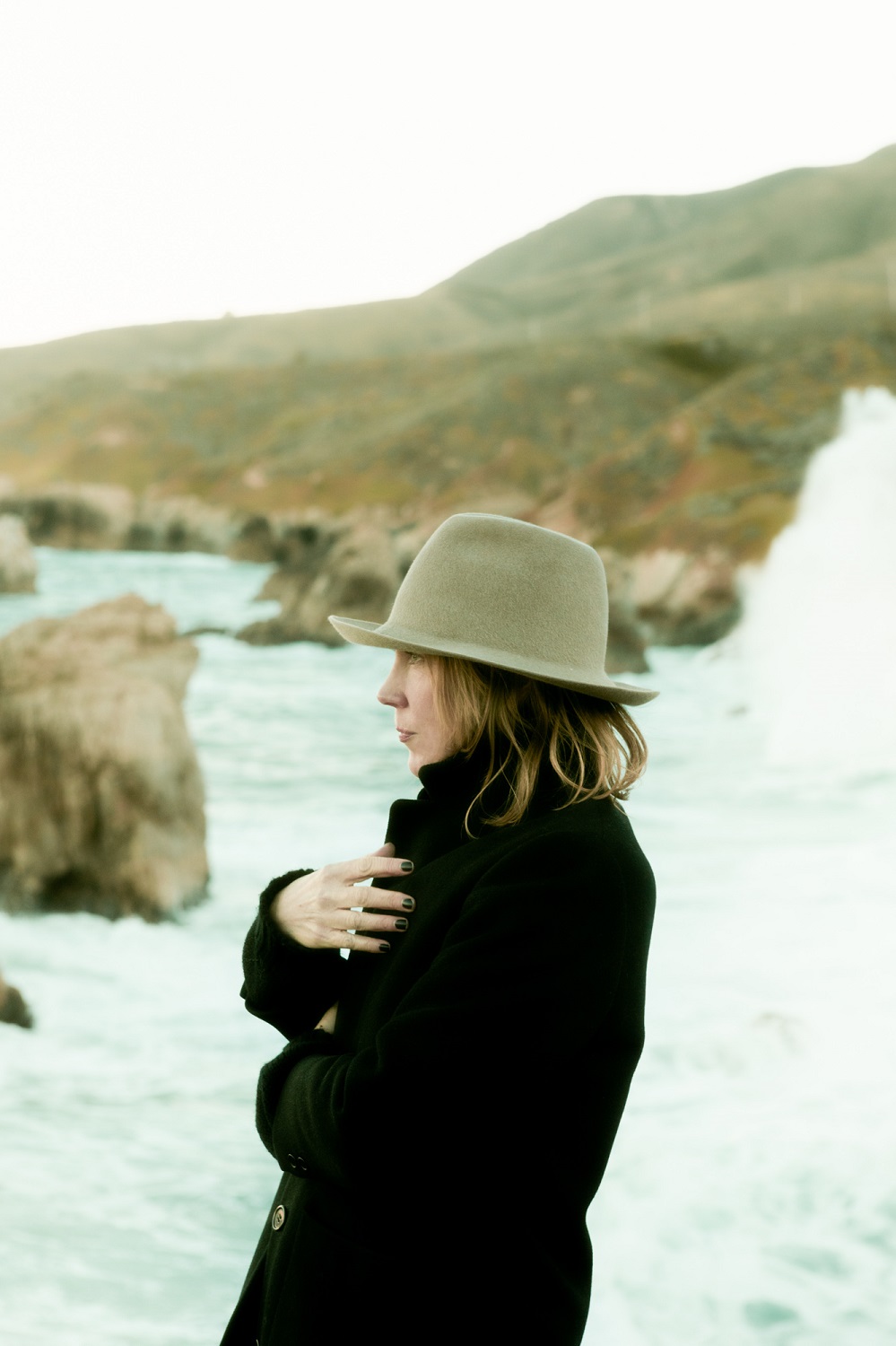
――We thought that the soundtrack was about the landscape of your everyday life.
Beth : Well, I spend a lot of time walking in nature while writing this record, hours of walking. I went back to where I am from in Norfolk. When we moved to London I made sure we lived near this area called Heath and it is huge. It is one of the largest expense of woodland in London. It’s interesting when you live in the country you can’t quite get inside nature. Somehow living right here I could just go sit right inside the trees and immerse myself in nature. I think I’d been longing to do that for a long time.
――There are some sounds of coughing, and the piano in the soundtrack. What were your intentions behind this?
Beth : Well, I left that in because there was a certain point in this record where I just hit a wall. I didn’t feel like I could do it anymore. I was done physically, mentally, and spiritually. I handed it over to Craig Silvey to fix the record. Bless him, he didn’t take anything out. He didn’t change a hair on its head. He left what was there and he loved the creek of the stool and the cough. He loved the rawness of what I gave him but also he brought everything out. To me, it was sort of excruciating to hear his mix because I thought he was supposed to make it tidy and crystal clear. But he turned everything up so it was even more visible and you could hear it even more. It was quite bold. He said what I gave him was beautiful in its own right, and he loved it. You could hear kids running through and dogs barking. There is this life. It’s like those ladies in the olden days where they get pottery. When you listen to the pots, there would have a groove in those pots so they were like a record. So in the Neolithic times from the pots that the women made, you could hear them talking. For me, it’s like this Neolithic tape of life. It’s like you are hearing our lives.
――Dustin O’Halloran was involved as well, how did you meet him?
Beth : Dustin played on my last record. I met him through my friend Lucy Bright who he makes film scores with her. She introduced us, so in my last record, I asked if he could play and he did. For this record, I asked him if he would play, and he did again. I just love ‘A Winged Victory For The Sullen’, I love his music, and I love their music. I’m very moved by the beauty of their music so I reached out again and I was very honoured that he wanted to be involved.
――What was your reason to collaborate with Danni Bennett-Spragg?
Beth : She is Craig’s assistant.
――“Lonely” had a strong impression to us, what is your story behind the song?
Beth : This song is the blueprint for the sound of the record. At one point all the songs were spare and sparse of this song. All the songs have emotional depths of this song. The story is about searching for love results in being more alone. In the end, it’s a song about embracing loneliness. She has a lifelong love for the loneliness in our lives. It’s this constant search of taking away the ‘lonely’ but ultimately at some point, you have to embrace what leaves you lonely. So there is a lot of that in this song.
――Do you think the pandemic has anything to do with this?
Beth : Not at all.
――We heard that “Friday Night” is about one of your best friends. Could you tell us about the song?
Beth : I didn’t write about her. When it came to singing the song I thought about her and it allowed me to sing to her. The song is a love song to Proust. This song is another song about being alone and it is about memory and acceptance. It’s about the unconscious self and an inspired relationship with a dead author who visits. It’s complex but it’s a love song to Proust.
――Where did you get the inspiration for your lyrics this time?
Beth : I think from my conscious. I think I kept digging deep into my unconscious. A lot of it is free association and writing without judging or questioning. It’s about writing what came first, writing those inaudible nonsensical lyrics and making sense of them. My conscious mind seems to take longer to catch up. It starts in a certain place and it gets developed.
――The whole experience of making this album, how would you describe this experience?
Beth : As I said, it is a very deep experience. It is a meditation to acceptance and it’s a long journey to this acceptance. It’s about reforming my identity as an artist and reclaiming what I love about making music. It’s just very meaningful. I don’t think I understand what it all means. So much of the last few years is just about working continuously. Later I will look back and understand what the experience was. At the time it was confusing and out of my depth. Like I felt pretty much out of my depth the entire time. It became something incredibly meaningful, to be honest.
――Were there any differences in your vocal approach or mixing in this album?
Beth : To be honest the vocals were the last thing that got done. The lyrics and the songs were written but actually, it is about performing sometimes, I had to choose the demo. “Fractals” was recorded in my shed with my piano. “Lonely” was recorded at Francine Perry’s, she was my co-engineer. She is wonderful and she recorded “Friday Night” as well. That got recorded in a nicer environment, but other songs like “Lonely” was recorded in the shed. I had to stick with the vocals because re-singing it would mean to undo the work of the music. As I said, at a point I could not go further and perfect it more. It was like a thread, if I pulled one thread ten other threads will come with it. I had to leave that there. It was like a strange puzzle that I had finished and there was no way of redoing certain things cause they were done. To redo it would undo other vital components. That is something I learned when to stop.
――How did you come to this title, “Weather Alive”? and why did you pick this phrase for your album title?
Beth : It was the name of the lead song, the most beloved song on the record. It was Tim from the label who called it “Weather Alive” and I was like really ?! I kind of sat with it for a while and I was like okay, fine. I’m terrible with names anyways. I am really bad at naming things because it feels too definite for me. So the final call was made to him.
――Thank you so much!
Beth : Thank you!
text Junnosuke Amai(TW)




